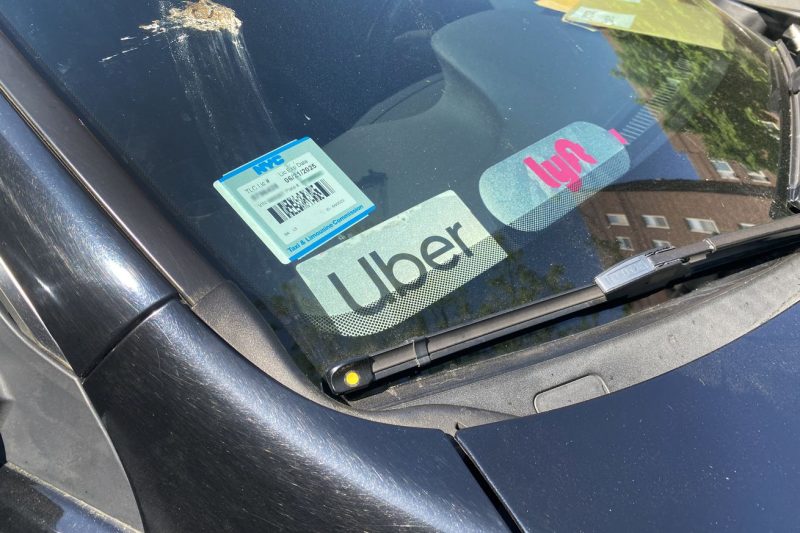
Massachusetts Mandates Higher Earnings for Uber and Lyft Drivers: $32/Hour Guaranteed!
In a landmark decision, the state of Massachusetts has mandated that Uber and Lyft, two of the largest rideshare companies in the world, must pay their drivers a minimum hourly wage of $32. This move comes as a response to growing concerns over the working conditions and compensation of rideshare drivers, who have often been classified as independent contractors rather than employees, leading to lack of benefits and job security.
The decision by Massachusetts to enforce this minimum wage goes against the traditional gig economy model that Uber and Lyft have operated under for years. Rideshare drivers have long been at a disadvantage, with fluctuating wages, lack of benefits, and no guarantee of a stable income. By requiring these companies to pay a minimum hourly wage, the state is taking a step towards ensuring fair compensation for the workers who form the backbone of these services.
Supporters of the decision argue that it will help uplift thousands of drivers who have been struggling to make ends meet while working long hours for these rideshare companies. The $32 minimum hourly wage is aimed at providing a living wage to drivers, considering the expenses they incur while operating their vehicles and the fluctuating demand for rides.
Uber and Lyft, on the other hand, have expressed concerns about the potential impact of this new regulation on their business models. They argue that it could lead to increased costs for consumers, reduced flexibility for drivers, and possibly even a decrease in job opportunities within the rideshare industry. However, critics believe that these companies have long exploited their drivers by not providing fair compensation and necessary benefits.
This decision by Massachusetts is expected to have far-reaching implications not only for Uber and Lyft, but for the gig economy as a whole. It raises important questions about the rights and protections that should be afforded to gig workers, who often face precarious working conditions without the safety nets that traditional employees enjoy.
As other states and jurisdictions grapple with similar issues surrounding the gig economy and the classification of workers, the move by Massachusetts to mandate a minimum wage for rideshare drivers could set a precedent for future regulation in this sector. It highlights the importance of considering the well-being and rights of workers in the rapidly evolving landscape of the modern economy.
